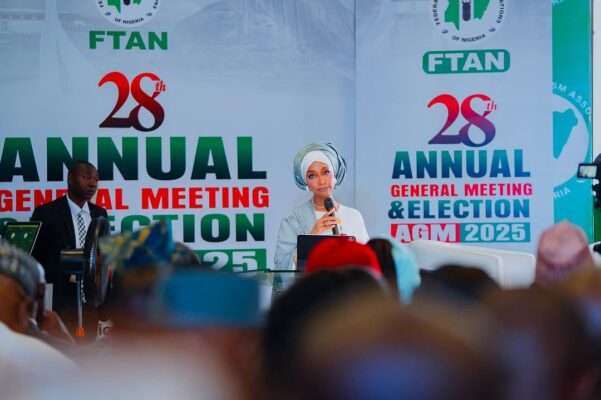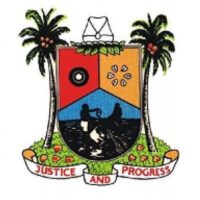The Honourable Minister of Art, Culture, Tourism and the Creative Economy, Barr. Hannatu Musa Musawa, has reiterated the Federal Government’s unwavering commitment to transforming Nigeria’s tourism and creative economy into a powerful driver of national development under President Bola Ahmed Tinubu’s Renewed Hope Agenda.
Speaking at the 28th Annual General Meeting (AGM) of the Federation of Tourism Associations of Nigeria (FTAN) in Abuja, the Minister described the gathering as a crucial platform to strengthen ties with the private sector and renew government-industry partnerships.
“This is our moment to build, unite and transform tourism into a true pillar of national prosperity,” Musawa declared.
She lauded FTAN for its role in advocating for the tourism industry, calling it a strategic partner in unlocking Nigeria’s tourism potential. She pledged that under her leadership, the Ministry would continue to implement inclusive, forward-thinking policies and provide platforms that encourage investment and global competitiveness.
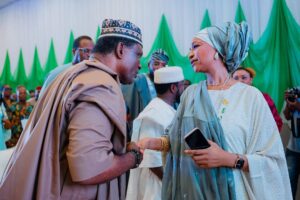
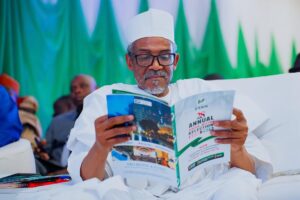
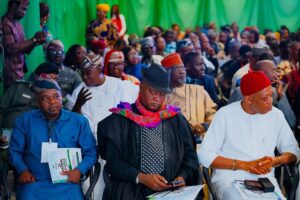
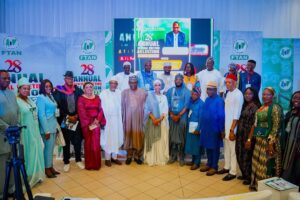
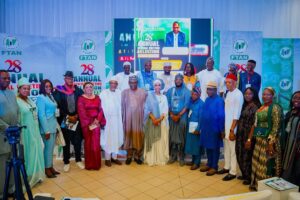
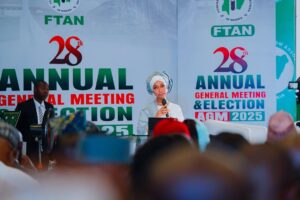
Musawa specifically commended FTAN President, Mr. Nkereuwem Onung, for his dedication to industry growth and Aare Dr. Abisoye Fagade, Director-General of the National Institute for Hospitality and Tourism (NIHOTOUR), for advancing regulatory reforms and professional training. “NIHOTOUR plays a critical role in building a globally competitive tourism workforce. We fully support its mandate to raise the bar across the sector,” she noted.
Read Also
The Minister emphasized that tourism today goes far beyond leisure, highlighting its potential as a tool for economic growth, job creation, and national branding. She unveiled the Ministry’s Tourism and Creative Economy Zones (TCEZs) as a flagship initiative to boost infrastructure, streamline regulations, and provide investment incentives in the sector.
With Nigeria’s rich cultural diversity, natural landscapes, and globally recognized heritage sites, Musawa said the country is well-positioned to lead Africa’s tourism resurgence — if the right partnerships and policies are in place. “The world is watching. Nigeria must rise to the occasion and take its rightful place on the global tourism map,” she asserted.
Addressing tourism operators, hoteliers, investors, creatives, and cultural custodians, Musawa made a passionate call for unity, innovation, and shared vision. She expressed deep appreciation for stakeholders’ commitment and sacrifices toward developing the sector.
She also announced plans for a National Stakeholders Dialogue on Tourism, Culture and the Creative Economy, which will prioritize private sector input in shaping future policy and investment strategies. “We are stronger together. Let us come together to shape a future that reflects the best of who we are as Nigerians,” she said.
Musawa concluded by reaffirming the Ministry’s openness to international collaborations, encouraging global investors, development partners, and regional institutions to join in building a sustainable, inclusive, and vibrant tourism economy in Nigeria.

